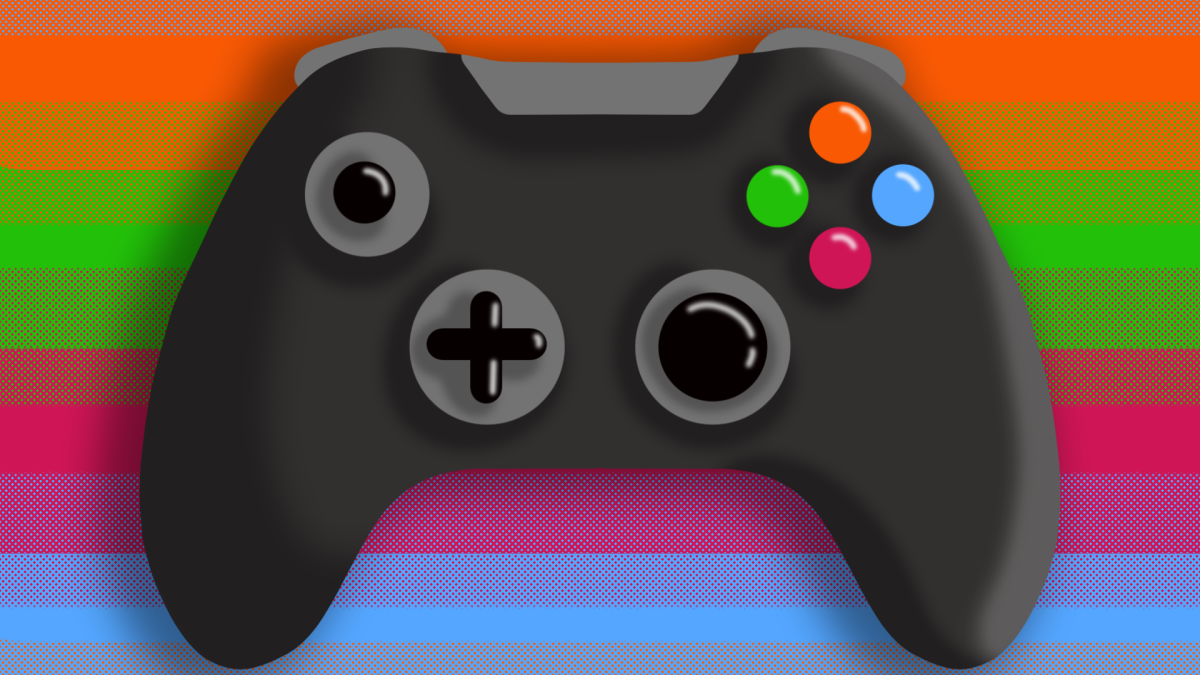All video games have to run on and be built on something. This is where different game engines come in. Game engines are the basic software of a computer or video game.
There are many, many different engines, all with their own unique quirks, challenges, benefits and styles. Depending on the type of game you want to create, choosing the right game engine is vital to that decision — it’s actually one of the earliest important decisions you have to make.
More Than Meets the Eye
Basic knowledge of engines and what mainstream games they have been used to create — like Fortnite on Unreal Engine or Escape from Tarkov and Cult of the Lamb on Unity — isn’t uncommon among gamers. However, the reality is much more nuanced than expected.
After spending almost two months of my life attempting to get more than a five-day streak on the Gamedle, a Wordle-inspired game-themed guessing game, my brain is full of new engines: some no longer exist, some only ever made one game and some are incredibly popular. A lot of big publishers even have their own in-house engine that they like to use. For example, the RE Engine for the newer Capcom games, named after the Resident Evil franchise, and perhaps made most famous by the absolute beauty of the RE2 Remake.
At first, you may think, “There don’t need to be that many different engines! I mean, they are just making video games.” However, variety exists in all sorts of programs. Look at how many different programs like Microsoft Word there are, or how many video editing softwares, or even more basic, how many brands of ketchup there are. They may get the same job done, but the way they go about achieving it is wildly different. There are always different products or tools that can achieve the same goal, some are just more refined and meant for the specific goal you are trying to reach. So, let’s take a look at some of the popular game engines, what they are good for and how friendly they are to learn.
Unreal
First, let’s talk about Unreal Engine. It’s probably the most common in AAA game development. Unreal Engine has a variety of different presets and classes to help nullify some of the busy work. There is one called “Character” that is primarily built around helping 3D first-person shooters function.
Unreal is typically used for bigger releases, and is known for its insane graphic fidelity. If you haven’t yet, you should definitely check out both The Matrix Awakens Unreal Engine 5 graphics showcase and Radiohead’s partnership with EPIC games, “Kid A Mnesia,” a one-of-a-kind visual experience presenting itself as almost a digital museum.
RE
Next, even though I’ve mentioned it already, I just briefly wanted to touch on the RE engine. Games with these engines are stunningly realistic, to the point of grotesqueness when it comes to the creatures. The engine also keeps you invested in the characters so much better than the original Resident Evil games did, before RE Engine was developed. I highly recommend playing any of the newer Resident Evil games, especially the RE2 Remake, to just bask in how beautiful it is.
Unity
Unity isn’t necessarily hated, but it gets a bad rap as being “the one that all the 2D indie games are made on.” This is partially, but not entirely true. As pointed out earlier, even big games like “Escape from Tarkov” can be made in Unity.
It is relatively simple to learn, which is probably why it is commonly used for indie projects. Without it, we wouldn’t have video game greats like “Hollow Knight” and “Katamari Damacy Reroll.” Unity is capable of pretty much anything if the right hands get on it. It deserves some respect put on its name.
Havok
Many, many games use Havok. “Dark Souls,” “Bioshock” and most of the “Call of Duty” games. Havok is very much focused on in-game physics. I don’t think it is something anyone uses primarily, but it is very commonly used as a second source.
Start Developing!
If this article interests you at all, don’t be afraid to get out there and try making a video game! It will be tough, but you could be the next Kojima, for all we know.




